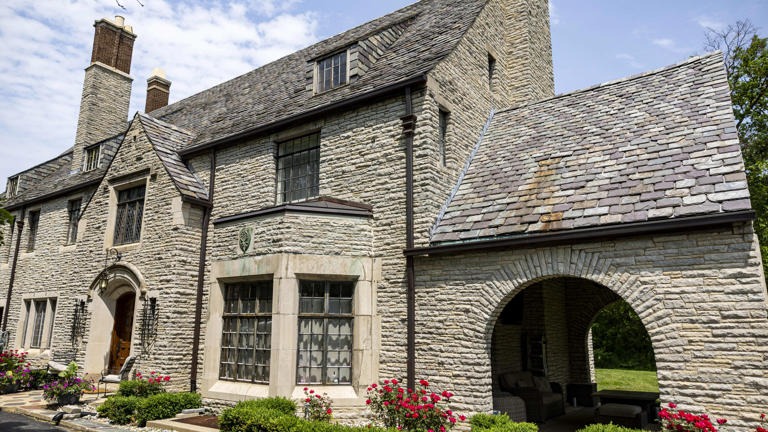
New Michigan Laws Aim to Boost First-Time Homebuyers
Michigan's recently approved legislation offers hope to first-time homebuyers by allowing them to save for home purchasing costs through tax-exempt savings accounts. With the overwhelming support of both chambers of the Michigan legislature, the aim is to encourage homeownership and retain the state's valuable workforce.
Understanding the Tax-Exempt Savings Accounts
The bills permit individual savings of up to $50,000, exempt from state income tax. Starting in 2022, participants could claim deductions of $5,000 per year for single filers and $10,000 for joint filers. As emphasized by Sen. Ken Horn, this initiative is crucial for ensuring that Michiganders can put down roots through smart homeownership.
Response from Stakeholders
Various organizations, including the Michigan Realtors, Habitat for Humanity of Michigan, and the Michigan Chamber of Commerce, have voiced their support for the legislation. The collaborative effort demonstrates a collective desire to address the barriers faced by first-time homebuyers, especially in a state experiencing demographic changes.
Challenges Ahead: Skepticism from the Treasury
Despite the enthusiasm surrounding the legislation, concerns have been raised, particularly by the state Department of Treasury. They caution that the new law might not significantly impact home buying due to potential low participation rates. Moreover, the exemption doesn’t extend to federal taxes, meaning that only modest savings can be expected - around $200 for singles and $400 for joint filers.
Historical Context: A Similar Proposal's Failure
The current initiative is not without its predecessors; previous attempts to introduce similar legislation have not succeeded. In 2018, former Governor Rick Snyder vetoed a comparable bill, underscoring the uphill battle that advocates for first-time homebuyers have faced. This history makes the recent legislative approval all the more significant, signaling a potential shift in policy.
A Focus on Retaining Talent in Michigan
One of the driving factors behind this move is the growing concern surrounding Michigan’s aging population and the loss of skilled workers. By encouraging home purchases, lawmakers aim to create a more stable workforce, thus addressing both housing and economic challenges in the state.
Future of Michigan's Housing Market
Looking ahead, the introduction of this program could have broader implications for the Michigan housing market. As first-time buyers become empowered, we may see a revitalization in the housing sector, influencing property values and urban planning initiatives. Moreover, this aligns with larger Michigan real estate trends focused on sustainable development and neighborhood growth.
Conclusion: Your Role in the Housing Landscape
For those looking to invest in the Detroit housing market or seeking properties in Metro Detroit, understanding these new tax incentives will be essential. Home seekers are encouraged to explore these opportunities and consider how they can benefit from these changes in legislation.
Call to Action: If you’re considering buying a home in Michigan or simply want to stay informed about local real estate developments, make sure to reach out to a knowledgeable Metro Detroit real estate agent. They can provide valuable insights on how to navigate the market and take advantage of new opportunities.
 Add Row
Add Row  Add
Add 



Write A Comment